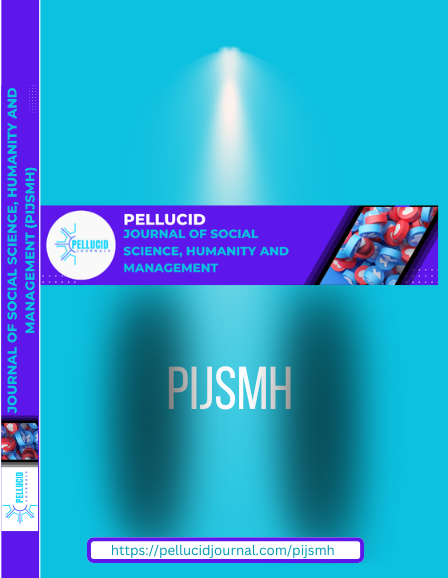Effect of Workplace Mentoring on Employee’sPerformance in Selected Enugu State-Owned Institutions of Higher Learning.
Keywords:
Workplace mentoring, Supervisory support, Knowledge transfer, Physical work environment, Employee’s PerformanceAbstract
This study examined the effect of workplace mentoring on employees’ performance with specific focus on higher institutions in Enugu State, Nigeria, including Enugu State University of Science and Technology (ESUT), Institute of Management and Technology (IMT), Enugu State College of Education, Technical (ESCET), Enugu State Polytechnic, Iwollo, and Enugu State University of Medical and Applied Sciences, Igbo-Eno. The objectives were to determine the extent to which job aid enhances quality of work, assess how supervisory support contributes to manpower utilization and stability, evaluate the influence of knowledge transfer on growth and creativity, establish the nature of the relationship between coaching and flexibility, and ascertain the extent to which the physical work environment promotes cohesion, efficiency, and psychological commitment among employees. The study adopted a survey research design with data collected through questionnaires administered to a sample of 370 staff determined from a population of 5,338 using the Taro Yamani formula. Out of 370 questionnaires distributed, 320 were returned and 50 unreturned. Data were analyzed using Simple Linear Regression and Pearson Product Moment Correlation, while instrument validity was ensured through face and content validation and reliability confirmed with a Cronbach’s Alpha coefficient of 0.731, indicating high internal consistency. Findings revealed that job aid significantly enhances quality of work (r = 0.755, t = 20.582, F = 423.637, p < 0.05), supervisory support improves manpower utilization (r = 0.693, t = 17.150, F = 294.123, p < 0.05), knowledge transfer promotes growth and creativity (r = 0.618, t = 14.024, F = 196.663, p < 0.05), coaching positively relates to flexibility (r = 0.654, p < 0.05), and the physical work environment contributes significantly to cohesion, efficiency, and psychological commitment (r = 0.661, t = 15.696, F = 246.350, p < 0.05). The study concludes that mentorship programs have strong potential to enhance employee performance, but challenges remain in effective implementation, and recommends that organizations upgrade workplace facilities to further improve quality and efficiency.





